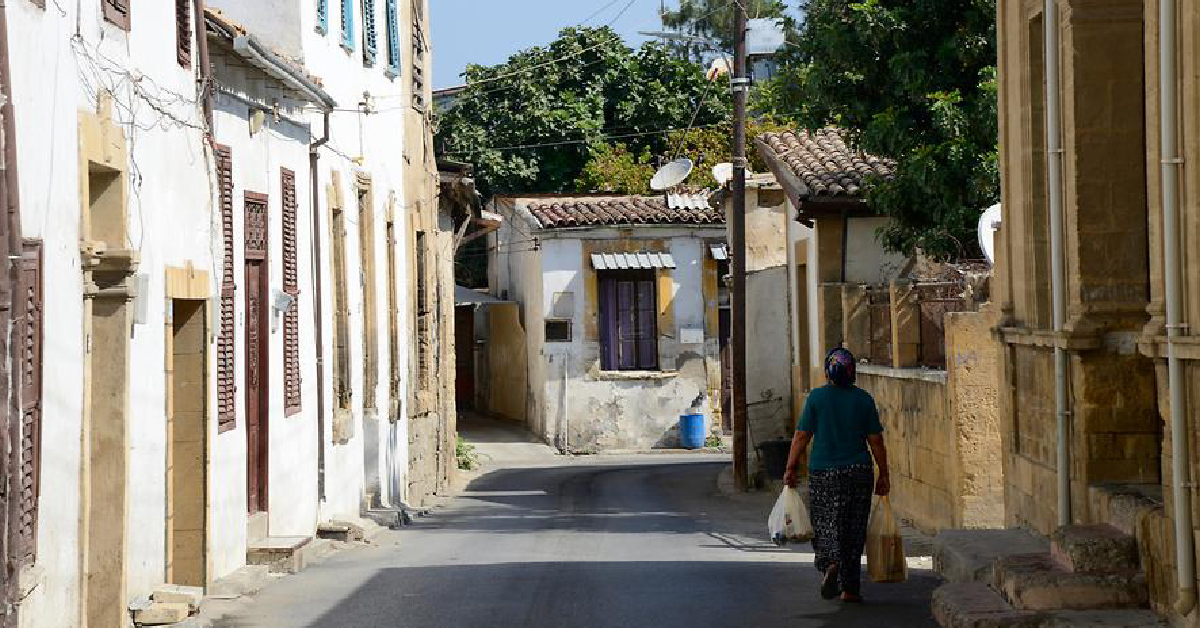2025
2025
2025-04-15

Photo by Gerhard Huber
At the beginning of April, the first European Union–Central Asia summit took place, where sides reached a strategic agreement. A declaration was adopted, one of the points of which concerns the Cyprus issue.
As known, in 1974, Turkish forces occupied the northern part of the island of Cyprus, establishing so called the Turkish Republic of Northern Cyprus (TRNC). The only state that has recognized it is Turkey. Although the Turkic countries of Central Asia have not recognized its independence, in solidarity with Turkey, they had also refrained from developing relations with the Republic of Cyprus.
In the declaration of the EU–Central Asia summit, the parties reaffirm their commitment to the UN Security Council resolutions, which call for respect for the sovereignty and territorial integrity of the Republic of Cyprus, for non-recognition of any government other than the legitimate government of Cyprus and condemn Turkey’s actions in Cyprus. In addition, in recent months, the Turkic states of Central Asia—Kazakhstan, Kyrgyzstan, Uzbekistan, which are members of the Organization of Turkic States, as well as Turkmenistan, which holds observer status—have been developing diplomatic relations with the Republic of Cyprus.
This move by the members of the Organization of Turkic States (OTS) was a blow to Turkey's efforts, which in recent years has been actively working to obtain international legitimacy for the Turkish government it established in Northern Cyprus. Specifically, Turkey has been striving convince the Turkic states to establish relations with the so-called Turkish Republic of Northern Cyprus (TRNC), and possibly even recognize it. Through Ankara’s efforts, the Turkish leader of Northern Cyprus is invited to OTS meetings, visits by representatives of Turkic states to Northern Cyprus are organized, and so on.
The move by the Central Asian countries frustrated Turkish media, which has accused the government of failure and its allies of betrayal. Turkish journalist Ardan Zentürk described the development as a slap in the face to Turkey.
It is worth noting that especially after 2020, Ankara has also sought to involve Baku in establishing relations with the Turkish regime in Northern Cyprus. Ilham Aliyev had received the TRNC leader Ersin Tatar, and a parliamentary cooperation working group has been established. Turkey also promotes the idea of “one nation, three states.”
The Azerbaijani media described what happened at the summit, as “a strange solidarity” and “the Turkic allies sided with Greece.”
For Azerbaijan, this step by the Central Asian states presents, on the one hand, an opportunity to present itself in a more favorable light before the Turkish leadership, and on the other hand, by referencing the stance of its Turkic partners, to refrain from deepening its interactions with the Turkish regime in Northern Cyprus.
A few days after the summit, on April 9, Aliyev also addressed the issue of Northern Cyprus among other topics:
“We are always with our brothers... We have no other agenda than to be helpful to our brothers in Northern Cyprus, who deserve to have their own state.”
One can conclude that while Turkic integration is deemed as important, state interests remain paramount. Currently, the Central Asian countries are seeking to establish close political and economic ties with the European Union, largely driven by energy considerations.
For its part, Azerbaijan aspires to be both a supplier and a transit route for energy to the EU. Baku, on the one hand, has to take into account Ankara’s interests, which supported it during the 2020 war, and on the other hand, its ties with the EU, which is the largest market for Azerbaijani gas.